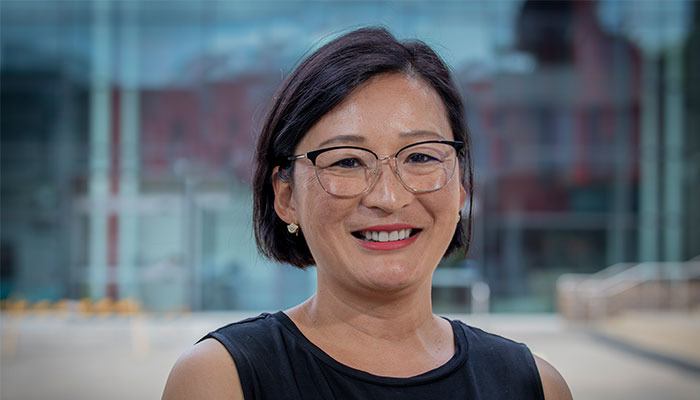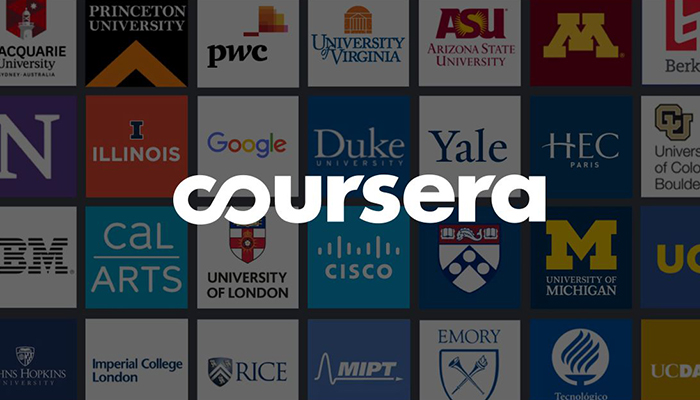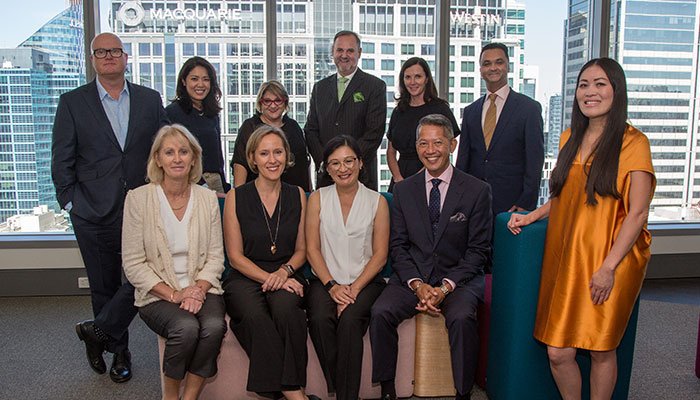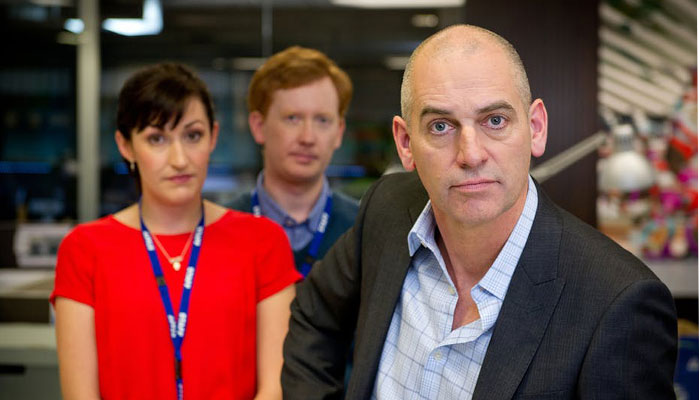The future of tertiary education is an on-demand, Netflix-style model where learners get to pick when, what and how they study, says Macquarie Business School Associate Professor Lan Snell.

Future-focused capabilities: Macquarie University launched its Global MBA in May, becoming the first degree to be offered on Coursera in the Asia-Pacific region.
As organisations restructure to deal with constant disruption from new technologies, the nature of work and workers are fundamentally changing, says Snell – opening up new horizons for education providers such as Macquarie University.
“We have had what is called a front-loaded model of education, where most of the formal education is done in one place, typically at the beginning of a career,” says Snell, the Academic Program Director for Macquarie’s Global MBA.
“But now, to keep apace of those constant changes in the marketplace, we need to continually reskill, upskill and retrain ourselves, and that’s the spirit of life-long learning.
We need to provide an array of different sizes and shapes of learning to cater for life-long learning.
“We see the impact on education providers as they are being disrupted by these changes and therefore respond by catering for very different learner profiles.”
A new way of being employed
Snell says the new model of education doesn’t mean the end of the degree. Indeed, they remain “completely important” but are no longer enough on their own, because as workplaces move away from silo models towards project-based models that bring together multidisciplinary teams to solve problems, workers will need to continually adapt and pick up new skills, depending on the project at hand.
“People now are being employed more on a team or project base, rather than for a domain of expertise, which is assumed,” Snell says.

The eternal student: Growing numbers of professionals are looking to upskill through online learning platforms such as Coursera, says Snell.
“Let’s assume you’re assigned a different project, that means you need to have perhaps a just-in-time approach to that learning, or you may want to develop a deeper competency which looks like a micro-credential; then you may want to be an expert and that looks like a degree qualification.
“We need to provide an array of different sizes and shapes of learning to cater for life-long learning and that’s where this concept of Edflix comes in, where, just as with Netflix where we are in control as consumers, the consumption of education is in the hands of the learner, who is able to consume as much or as little as they want, when they want and how they want.
“With Netflix we can binge-watch, or we can watch one episode at a time; the algorithms of Netflix factor in previous viewing behaviour to present a curated predictive approach to suggested titles… we can use this as an analogy when we think about learning models of the future.”
LinkedIn steps up to learning platform
Snell says online learning platforms such as the US-based Coursera and EdX, and the UK’s Future Learn, already cater for the growing number of people seeking to do open courses offered by established tertiary educators, including Macquarie University which offers its flexible, future-focused Global MBA through Coursera.
And now, newer entrants to the market are players like LinkedIn which, with its recent acquisition of Lynda.com, a website offering video courses taught by experts in software, creative and business skills, have signalled their intention to compete as a learning platform, Snell says.

Going digital: Coursera lets users learn online and earn valuable credentials from top universities and leading companies like Google and IBM.
She says employers today want to see evidence of continuous learning on a job applicant’s resume, including micro-credentials such as badges, which are bite-sized, low-cost online courses that show proficiency in a particular skill.
“Having these micro-credentials tells me as a recruiter or employer that you are constantly investing in your learning,” Snell says.
“While an individual short course in itself may not have much saliency or credibility, when you consider it as a holistic profile in terms of a candidate, it tells you a lot about a person.”
Associate Professor Lan Snell is the Academic Program Director for the Global MBA at Macquarie Business School.



